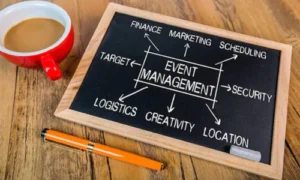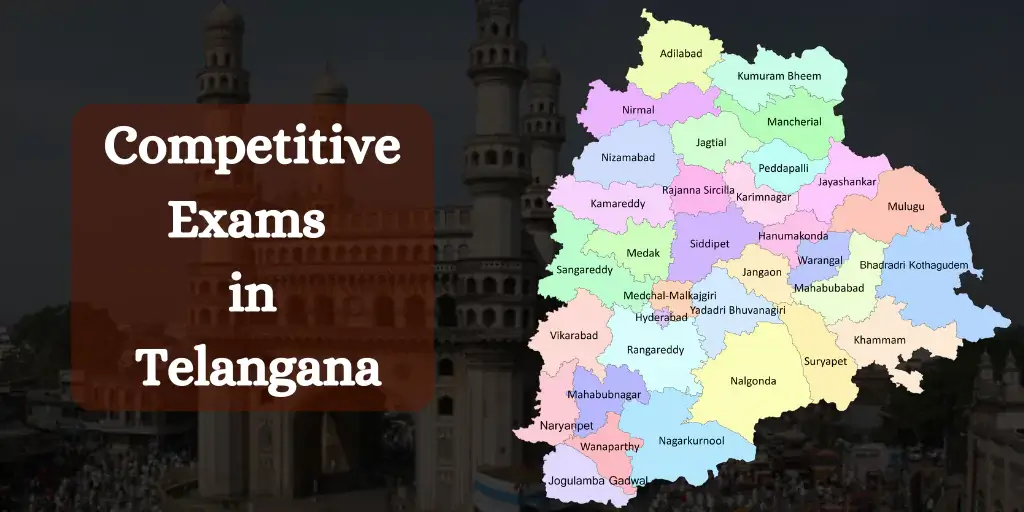Recently updated on July 2nd, 2025 at 10:31 am
Event management is the process of planning, organising, and carrying out events, including conferences, weddings, concerts, corporate meetings, trade exhibitions, and other gatherings. Furthermore, it is a multidisciplinary process that needs creativity, organisational skills, and meticulous attention to detail to guarantee that the event achieves its goals and satisfies guests.
Key aspects of event management include

1. Event types
- For instance, corporate events include conferences, product launches, seminars, and team-building activities.
- In addition, social events include weddings, birthday celebrations, and anniversaries.
- Moreover, cultural events include festivals, concerts, and art exhibitions.
- Similarly, sports events include tournaments, marathons, and sports celebrations.
- Lastly, fundraising events include charity galas, auctions, and benefit performances.
2. Planning Phase
- Objective Setting: Determine the event’s purpose and aims.
- Budget Management: Make effective resource allocations and keep track of spending.
- Venue Selection: Select a venue that fits the event’s kind and audience size.
- Theme and Design: Plan an appealing and consistent event theme.
3. Organising Phase
- Logistics Management: Plan transportation, accommodations, and schedules.
- Vendor Coordination: Manage contracts with caterers, decorators, and equipment vendors.
- Permits and Regulations: Ensure legal and safety compliance.
4. Execution Phase
- On-Site Management: Responsible for event setup, visitor welcoming, and real-time problem-solving.
- Technical Aspects: Manage the lighting, sound, and multimedia displays.
- Engagement Activities: Set up engaging seminars, entertainment, and networking possibilities.
5. Post-Event Phase
- Feedback Collection: Gather feedback from attendees and stakeholders.
- Performance Analysis: Evaluate success measures and ROI.
- Wrap up: Finalise payments, dismantle sets, and document lessons learned.
Also See: Top 10 short-term courses after 12th
Skills Required for Event Management

- Furthermore, project management entails the ability to design and execute projects within specified timeframes.
- In addition, effective communication involves strong interpersonal and negotiating abilities
- Likewise, creativity plays a crucial role, as it generates fresh ideas for themes, designs, and event activities.
- Consequently, problem-solving skills are necessary for making quick decisions to deal with unanticipated situations.
- Finally, time management encompasses effective scheduling and prioritising.
Tools & Software
- Firstly, event planning software includes Cvent, Eventbrite, and Whova.
- Additionally, budgeting tools such as Excel, Google Sheets, and specialised budgeting apps are essential.
- Moreover, marketing platforms include social media tools, email marketing, and online advertisements.
Career Opportunities for Event Management

- Event planner
- Conference organizer
- Wedding coordinator
- Corporate event manager
- Festival/Exhibition Manager
Event management is a dynamic and rewarding career that not only allows you to create unforgettable experiences but also demonstrates your organisational and creative skills. If you are interested, do you want more specific information or guidance on how to enter the industry?
Conclusion
To summarise, event management is a dynamic and varied subject that blends creativity, organisation, and problem-solving to produce memorable experiences. Furthermore, to ensure the success of various events ranging from corporate gatherings to social festivities, rigorous preparation, excellent coordination, and efficient execution are required.
Additionally, the business provides numerous chances for workers with good communication skills, a sharp eye for detail, and the capacity to adapt to new difficulties. In conclusion, whether you want to work in event management or design your event, understanding the basic principles and using the correct tools will ensure a flawless and memorable experience for everyone involved.”







Chad Liano
December 2, 2024This is a very good tips especially to those new to blogosphere, brief and accurate information… Thanks for sharing this one. A must read article.